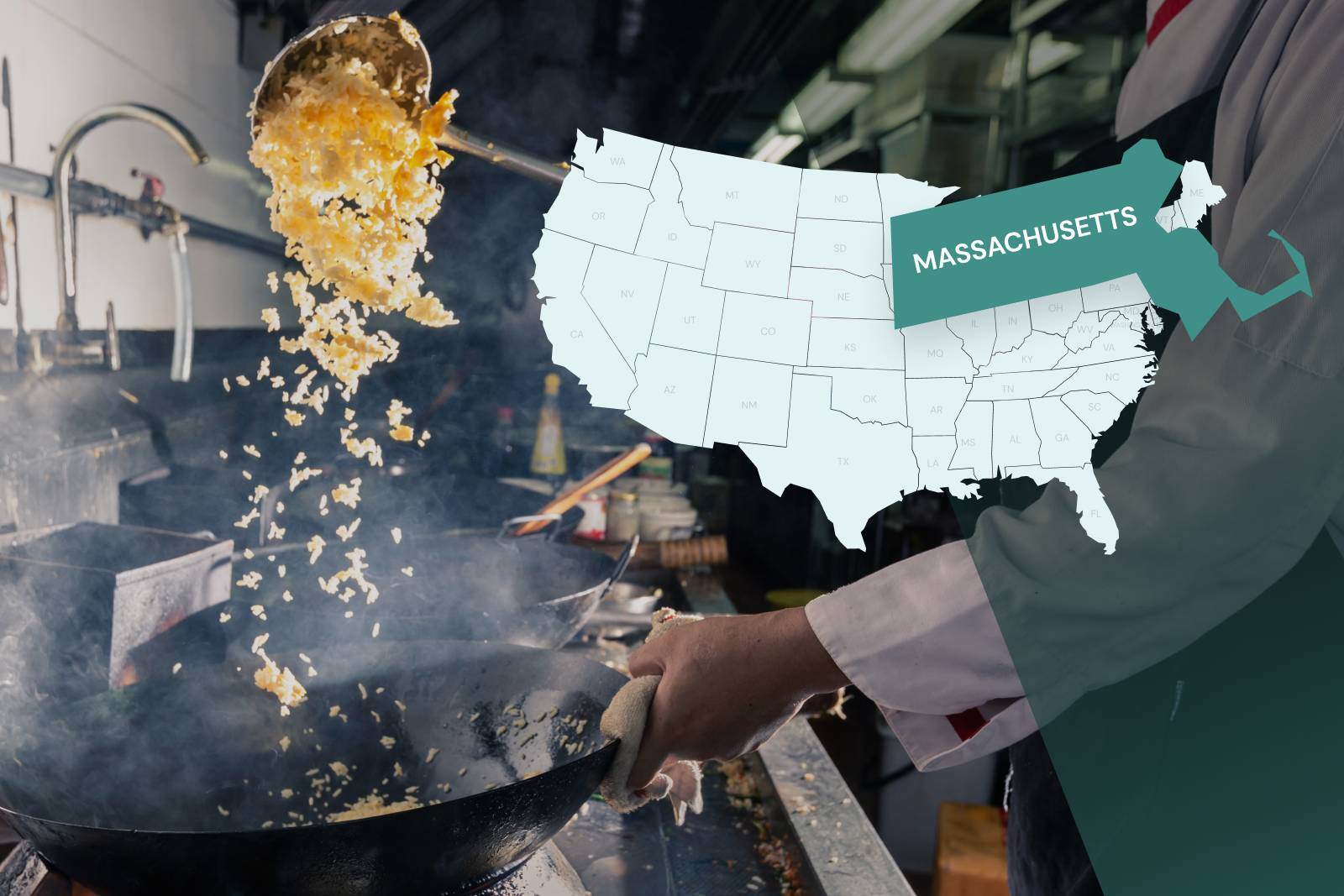Anyone who has ever dined out, ordered delivery, or eaten in a cafeteria knows how important it is for food safety to be taken seriously. Food safety management is a system of processes used by foodservice establishments to make sure the food they serve is safe for consumption. Let’s break down some of the major components of food safety management. They include:
Active Managerial Control (AMC)
Food Safety Management System (FSMS)
Hazard Control Programs (HCPs)
Active Managerial Control (AMC)
The best thing a manager can do for their business is to take a preventative approach to food safety which is known as Active Managerial Control, or AMC. Managers should constantly monitor their business to prevent potential risks, and they should make sure their whole team has proper training and education about food safety. One of the most common risks to food safety is personal hygiene, so proper sanitation practices like frequent handwashing and wearing protective clothing while handling foods are crucial.
Food Safety Management System (FSMS)
The second component is the Food Safety Management System (FSMS). The FSMS is a document that outlines the procedures a business should follow to prevent contamination or other health risks from poor food handling practices. This includes staff training, equipment maintenance, temperature control, pest control, product recalls, and more.
You can begin building your FSMS by identifying any areas of improvement within your business and then finding solutions to these issues. Consider the following to help get an idea of your establishment’s current needs:
-
Assess any safety hazards in the facility that have not been addressed
-
Review areas of improvement reported from the last health and safety inspection
-
Address customer complaints and how to improve these issues
-
Ensure all staff are using safe food handling practices, and if extra training is needed
These points should prompt some more clear ideas about the current needs of your business. Prioritize 3-5 issues to address first, and based on the approach to resolving these issues, you will have the objectives for your FSMS.
Hazard Control Programs (HCPs)
The third component of food safety management is Hazard Control Program or HCP. HCPs are designed to identify hazards before they can cause damage or injury and reduce their potential impact on public health whenever possible. HCPs usually involve identifying potential hazards, assessing the risk associated with them, developing strategies for managing those risks through precautionary measures like proper storage methods or product recalls, monitoring progress on implementing those measures and evaluating effectiveness over time.
By taking proactive steps to identify potential hazards early on and take preventative action wherever possible, HCPs help minimize any negative impacts on public health due to poor hygiene practices or other factors related to unsafe foods.
There are two well-known types of HCPs that can be used. They are similar but take a different approach and have different purposes. Let’s compare a few of the main differences:
Hazard Analysis Critical Control Points (HACCP)1
-
The recommended program of the FDA
-
Reactive
-
Control hazards as they come
-
Hazard considerations are biological, chemical, and physical
Hazard Analysis and Risk-Based Preventive Controls (HARPC)2
-
The recommended program of the FSMA
-
Preventative
-
Identify and eliminate risks before they become a problem
-
Hazard considerations are biological, chemical, physical, radiological, allergens, toxins, pesticides, unapproved additives, and more
Food safety management is an important part of ensuring that customers have access to safe foods that won't make them sick when consumed. The three main components—Active Managerial Control (AMC), Food Safety Management Systems (FSMS), and Hazard Control Programs (HCPs)—are designed to minimize any potential risks associated with food handling operations in foodservice establishments. Following these guidelines carefully can help businesses keep their customers safe from harm while providing delicious meals. By staying informed about the different aspects of food safety management, you can make sure that you're eating safely wherever you go!
Sources:






